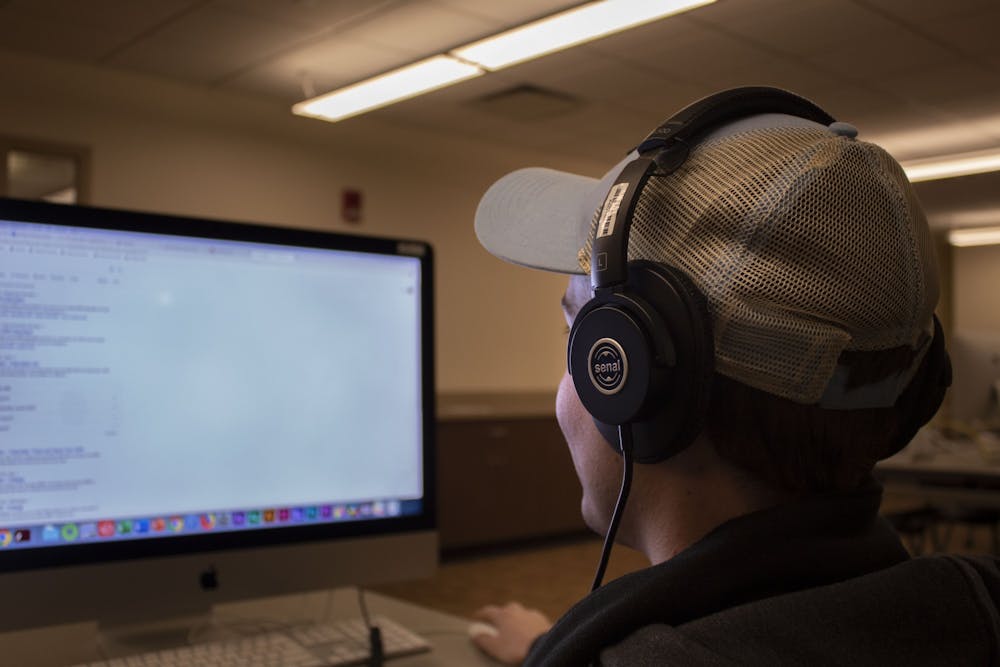The IU Cybersecurity Clinic received a $500,000 award from Google on Oct. 18 that will allow classes and training for undergraduates.
The IU Cybersecurity Clinic launched in 2018 with the goal of offering service-learning opportunities to students.
Isak Nti Asare, the executive director of the clinic, said that there is a shortage of cybersecurity talent in the world right now and that there are not enough people in cybersecurity to fill all the needed jobs. This leaves places that deal with information that needs to be protected vulnerable to cyber-attacks.
“With that in mind, we thought, well, we have a bunch of students doing cybersecurity, so what if we, as a part of a class, connect those students with places in the community that need cybersecurity help,” Nti Asare said.
IU is a founding member of the Consortium of Cybersecurity Clinics, which was founded in 2021 as a forum for universities and cybersecurity trainers and advocates throughout the country. It has been working with Google to get them interested in funding their programs. Through this collaboration, Google announced they would be giving away $20 million over the next several years to help build new clinics and support existing ones.
Nti Asare said Google called for proposals, and IU applied and was chosen.
RelatedIU Center on Representative Government receives $5.7 million grant to fund VR learning tool The IU Center on Representative Government will use funding from the U.S. Department of Defense to develop “Democracy Quest,” a virtual-reality-based interactive learning tool.
“Really the grant is giving us the opportunity to scale our offering,” Nti Asare said. “We offer the course to law students and graduate students, so the additional funding is to help us expand the course offering so we can also have undergraduates taking the course.”
Google is also giving the clinic access to its suite of professional certifications, such as cybersecurity and data analytics, where students will be able to get a professional certification for hundreds of different renewable licenses through online courses.
“What that means is even if you weren’t a cybersecurity student specifically, you still could do the clinic and get a certificate,” Nti Asare said. “Our hope is that will open it up to getting more students into this field.”
The course currently meets once a week for instruction, where students learn about cybersecurity laws, how to talk to clients, cybersecurity risk management and incident response plans. They spend the rest of their time getting real world practice with local partners.
Third-year law student, Cam Rachford, started the class in August and plans to add a Master of Science in cybersecurity risk management. Along with in-class instruction, he has been working on a team of four students to develop an incident response plan for local government.
“I think it’s fantastic that we’re going to be expanding this for undergraduates,” Rachford said. “It gives valuable work and real-life experience they can put on a resume to really distinguish themselves from other candidates in the cybersecurity job market.”
Rachford said the Cybersecurity Clinic class is a friendly and supportive environment where no one is afraid of saying the wrong thing and everyone is dedicated to working together.
New opportunities for undergraduates are planned to begin this spring. Nti Asare said the best way for students to get involved is to email him expressing their interest in participating in the clinic and completing the online application.
RelatedLuddy School partners with CODE19 Racing to develop first AI driver The AI driver will compete in global autonomous racing competitions.



